

BLUEPRINTS
TO BELIEVE IN
40% of Americans won’t have enough money to retire, and that number hits especially hard in marginalized communities.
At TIAA, we believe in the right to retire securely. That’s why, throughout 2024, we will highlight real individuals’ success stories, showcasing diverse paths to financial goals. Swipe through their Blueprints to Believe In for unique perspectives on building a brighter future.
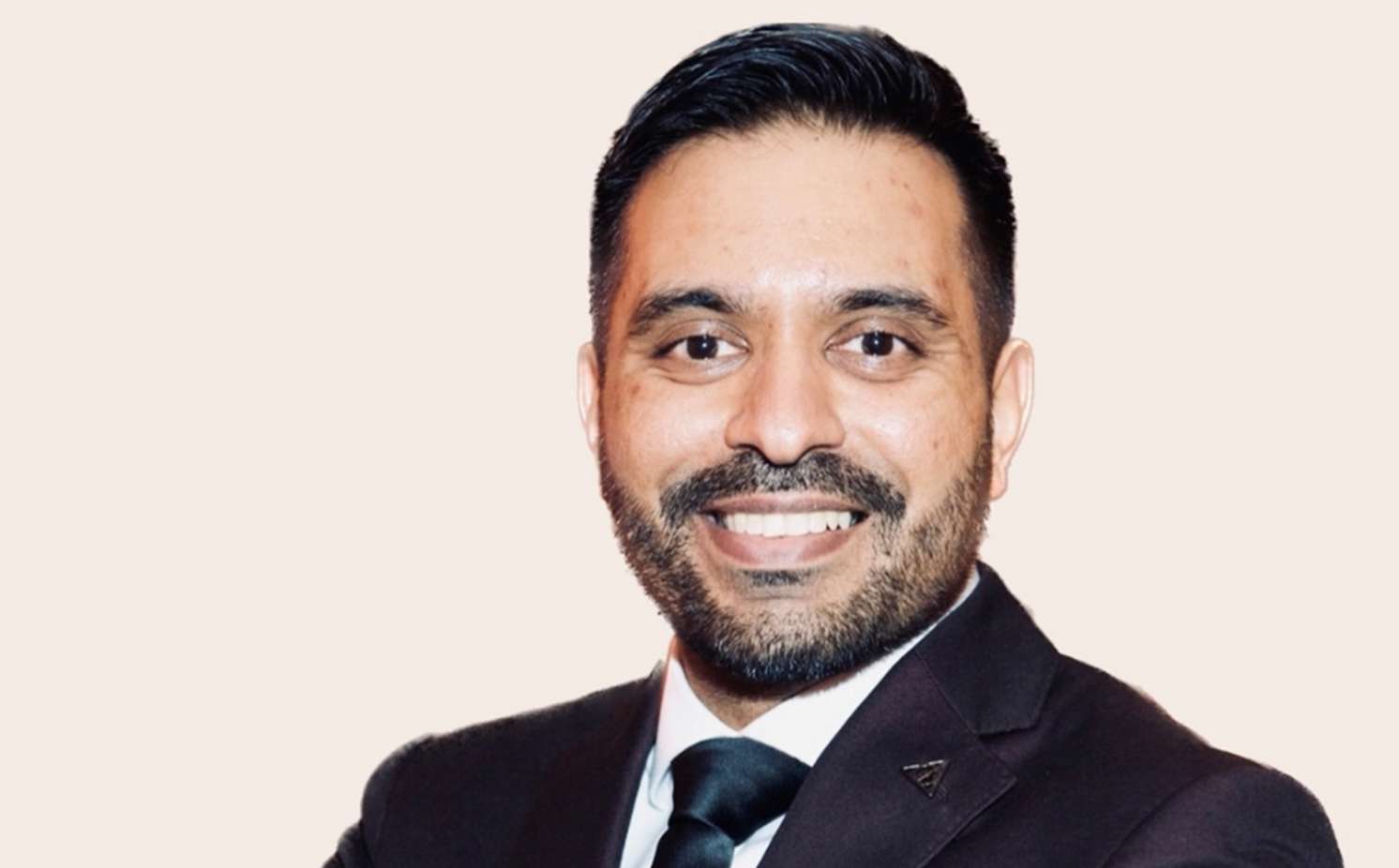
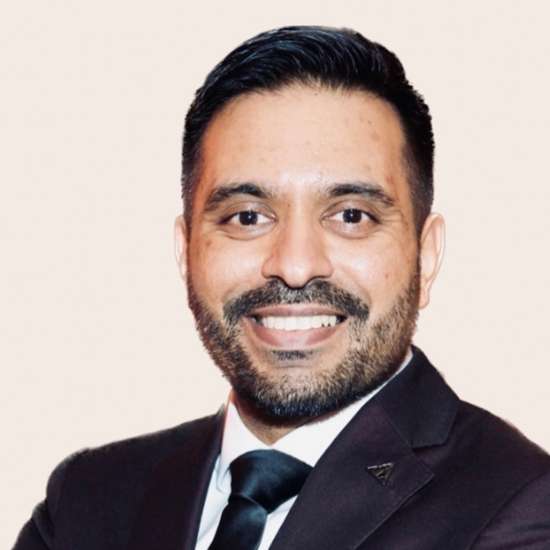
Maulik
Mankad
Wealth Client
Relationship Manager,
TIAA
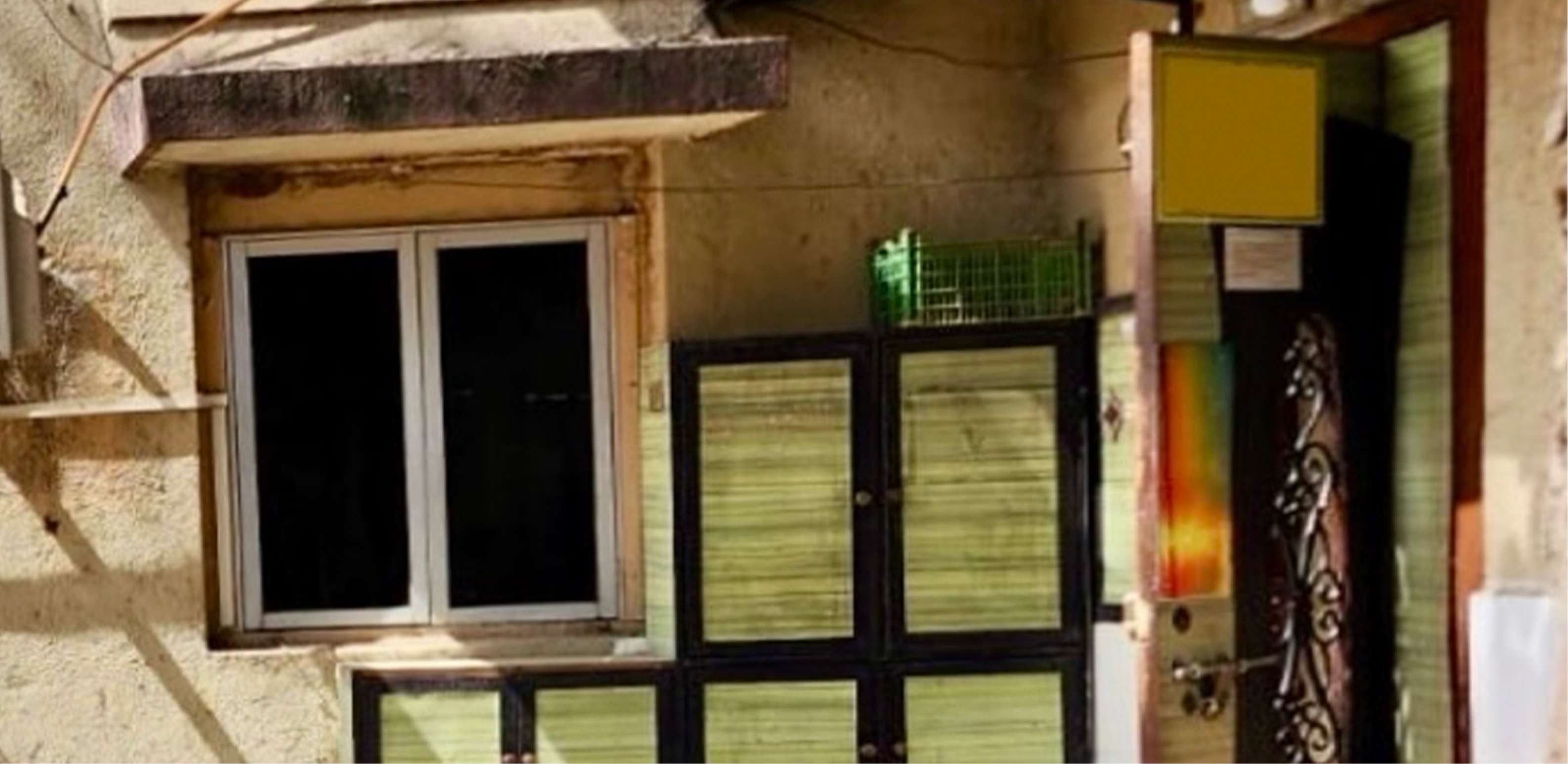
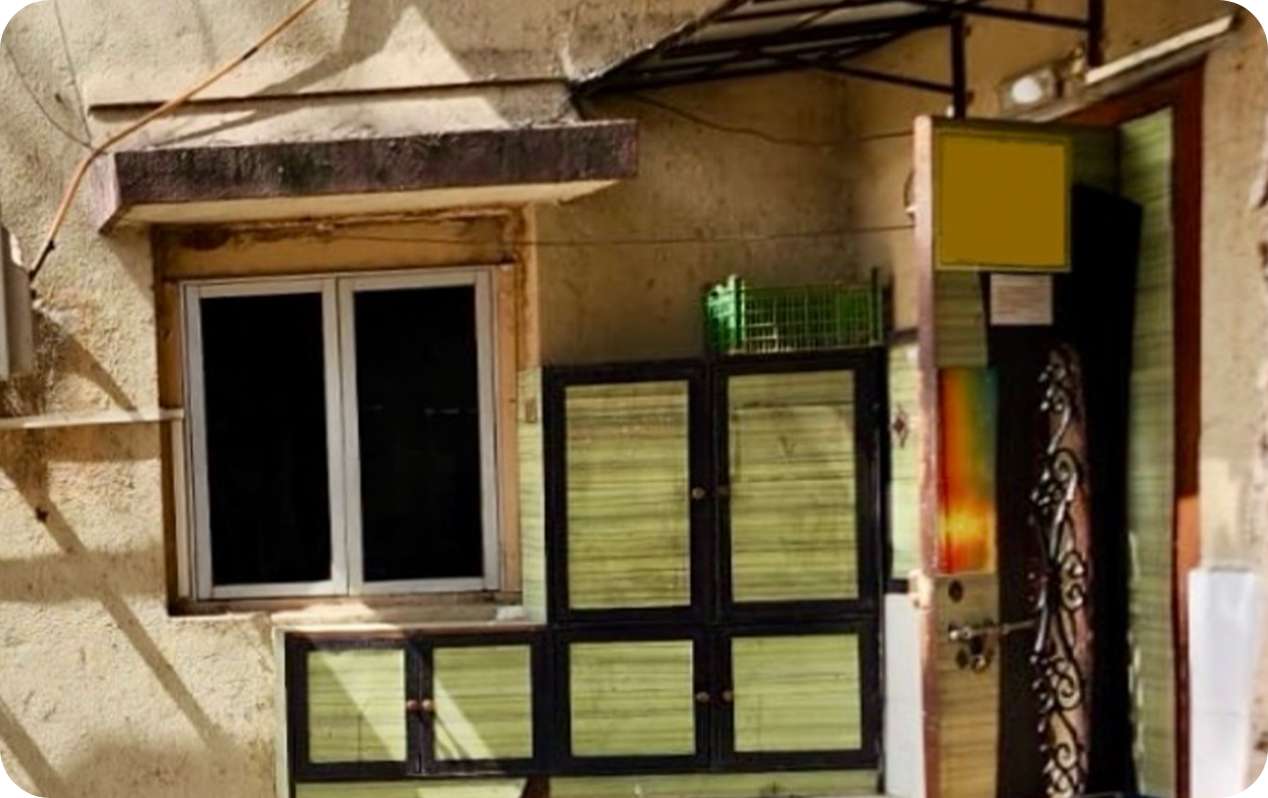
I was born in Mumbai, India, to an upper‑middle‑class family.
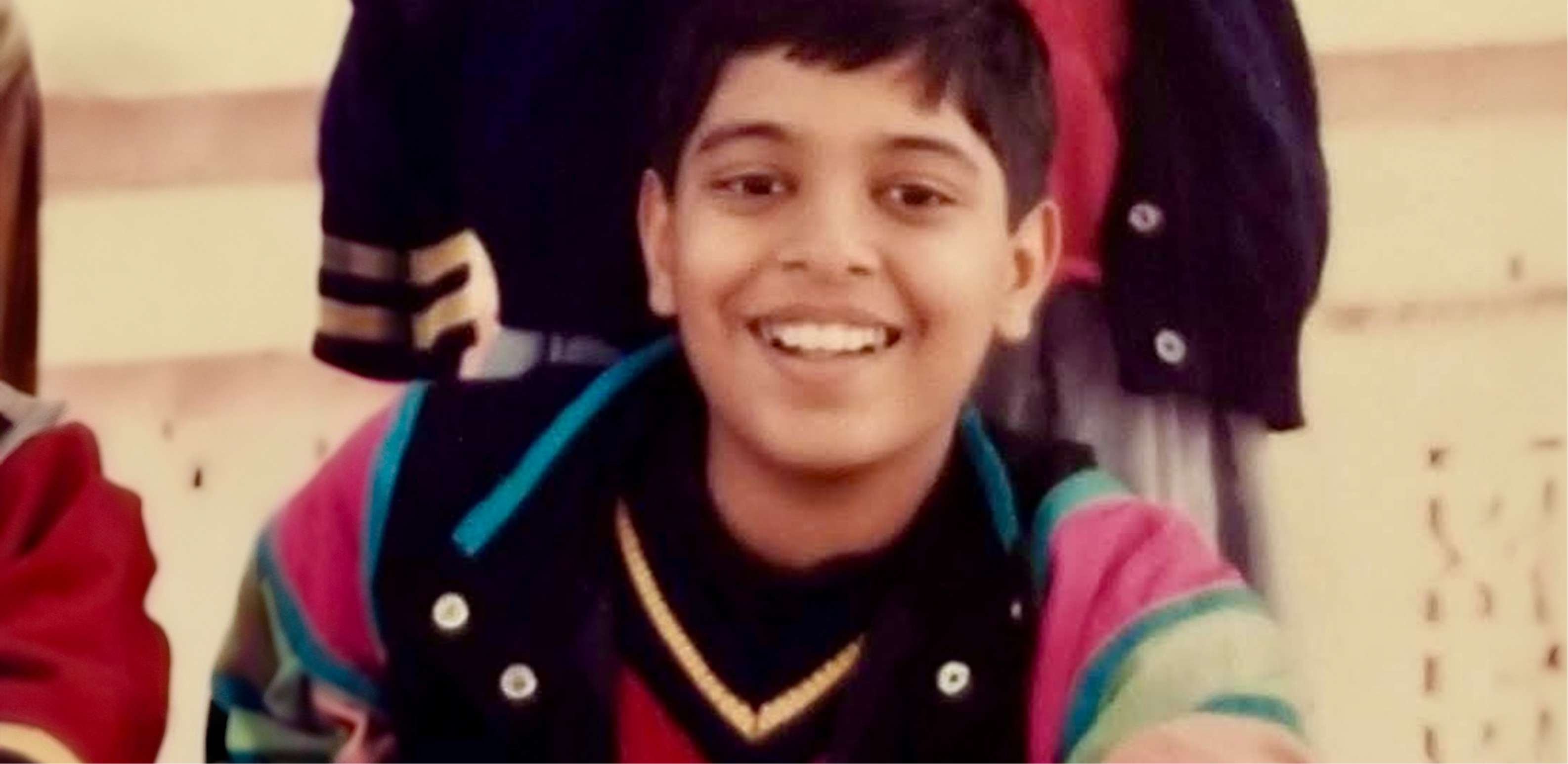
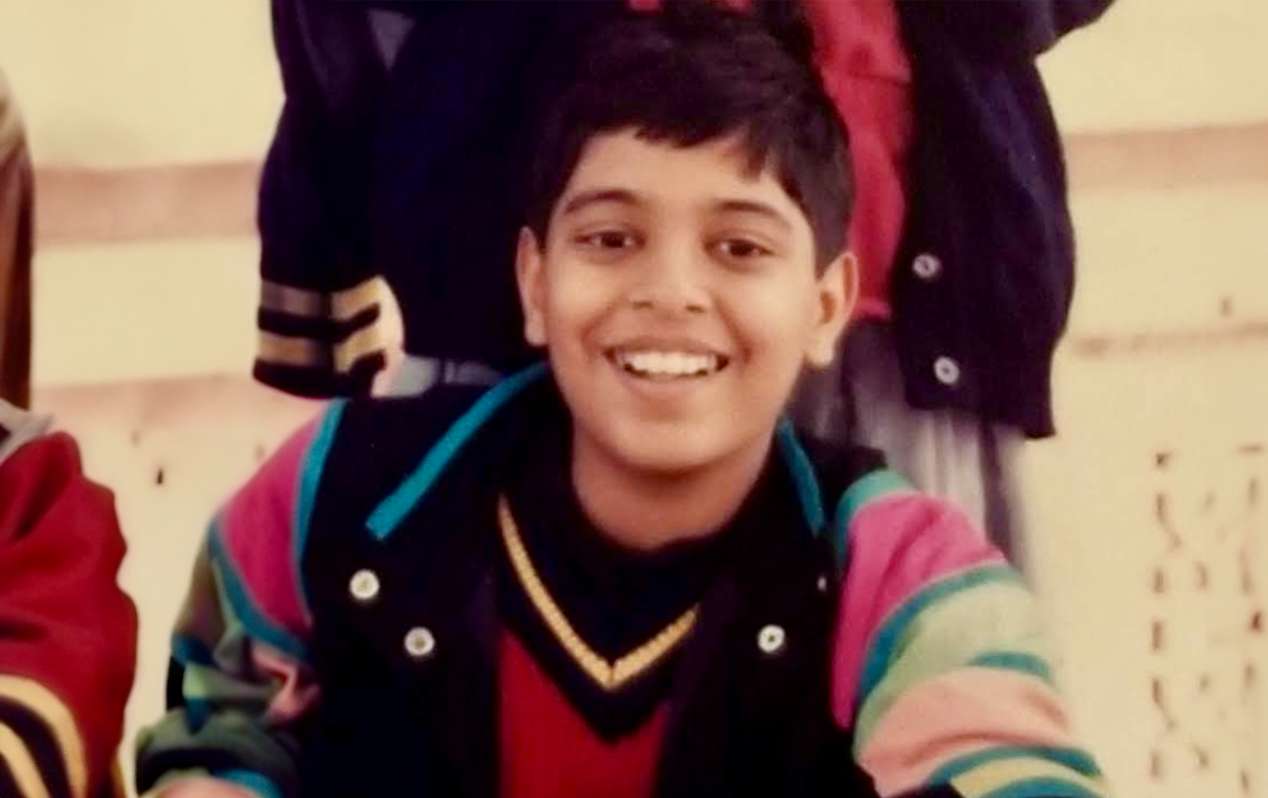
When I was 13, my family moved to Pittsburgh for my father’s job.
I saw my father work late and spend countless hours traveling to meet clients all over the country.
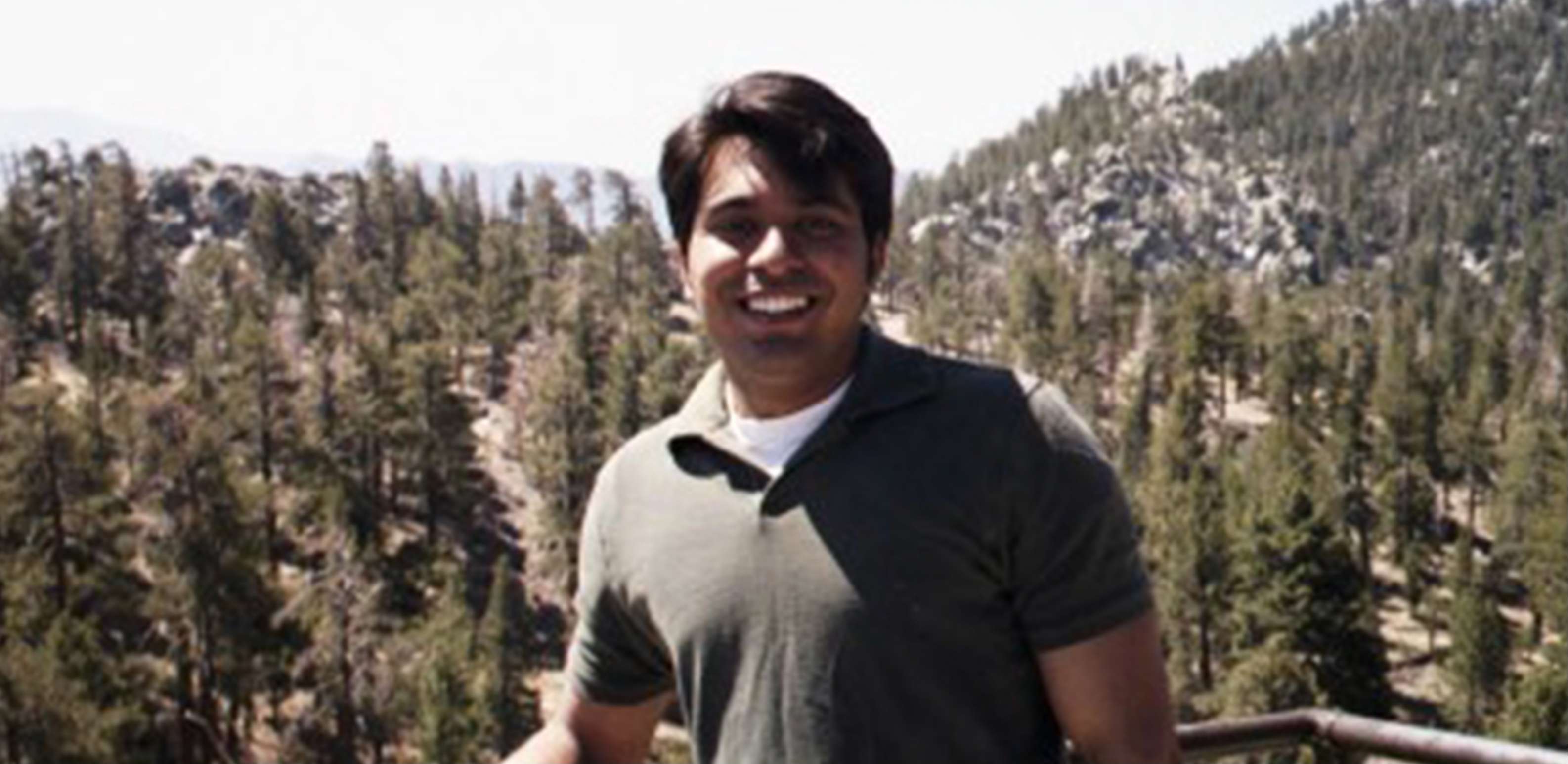
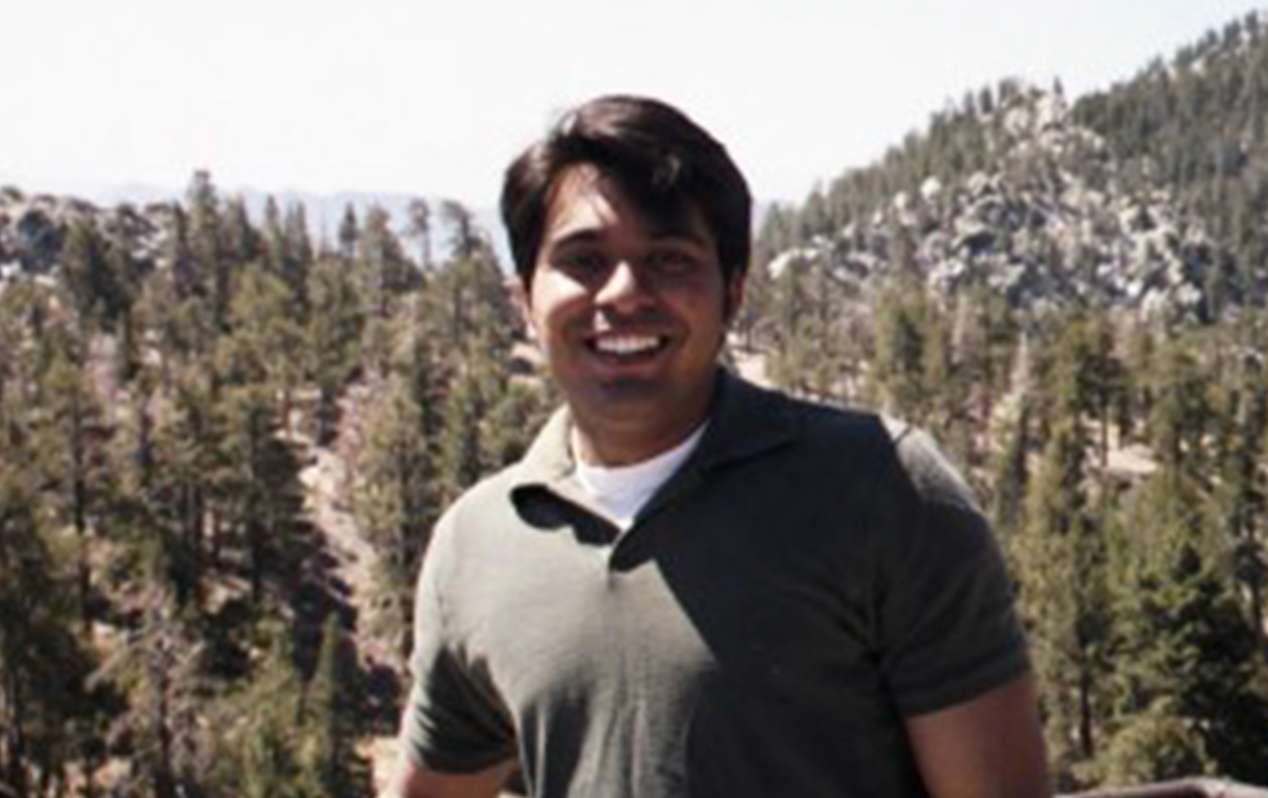
After receiving my first paycheck, I was excited to be able to splurge a little, but quickly realized I will need to be mindful with my budget and expenses.


Due to their careful planning and sacrifices, my parents recently confirmed that they’ll be able to retire comfortably.
Later in life, I’d like to pursue my passions rather than work purely for financial necessity, like many first‑generation immigrants.
Advice I’ve Lived By
Learn your financial limits to ensure you’re still saving enough.
Every financial decision (however small) can have a significant financial impact that can take a long time to fix. Therefore, having a clear understanding of one’s finances and being proactive are critical to a successful, low-stress financial future.
Don’t eat gourmet on a ramen budget.
After receiving my first paycheck, I was excited to be able to splurge a little, but quickly realized I would still be eating ramen for a while. Learn your financial limits to ensure you’re still saving enough.
Decide what is worth your money.
I used to compare prices between the US and India, but I’ve come to understand that expenses and spending need to be evaluated based on their value and impact on improving life, rather than solely on comparative cost.
For young AAPI folks building their futures:
Witnessing my great uncle’s efforts go to waste due to the absence of a will was a significant lesson. I highly suggest establishing a legal will and engaging in estate planning.
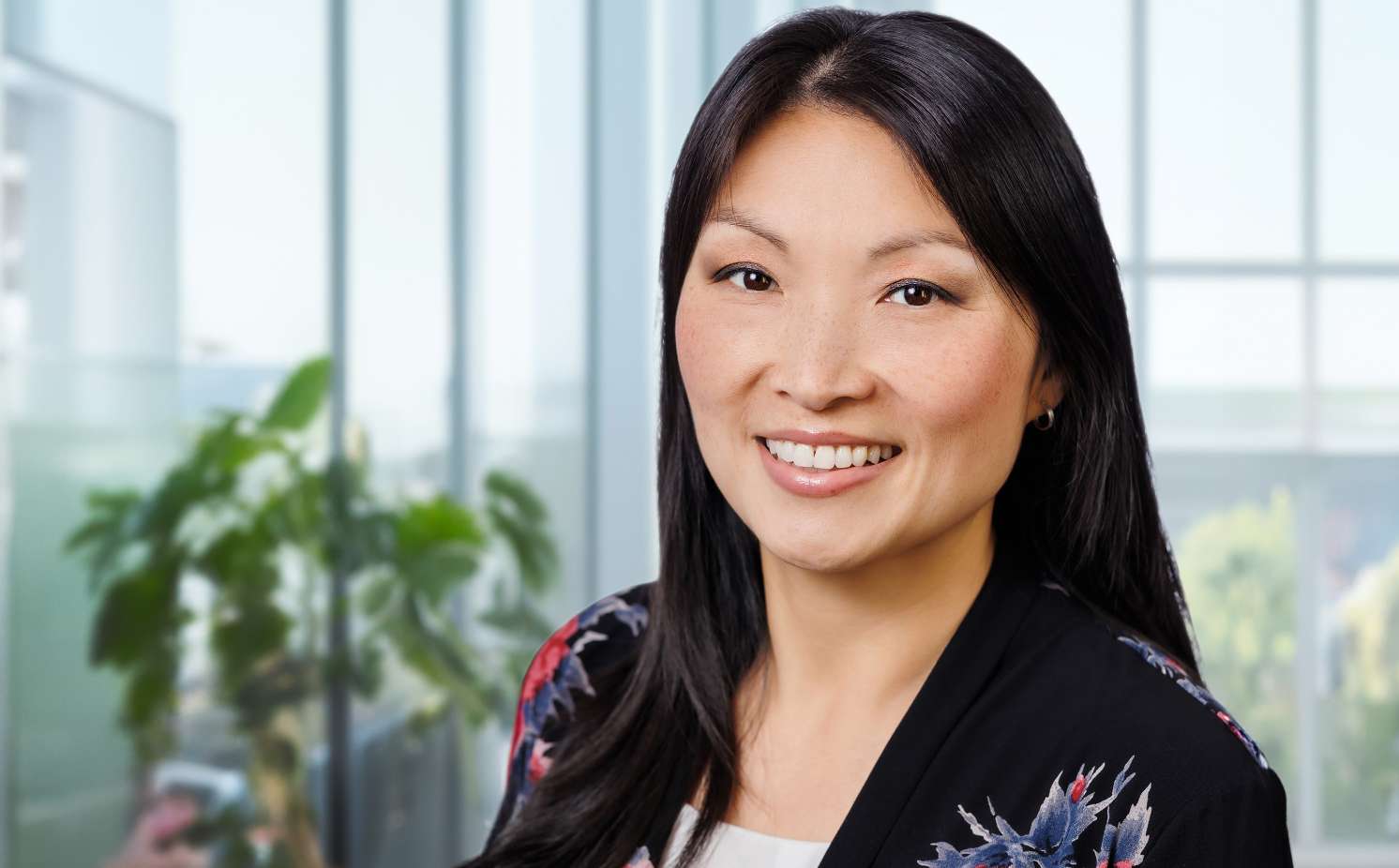
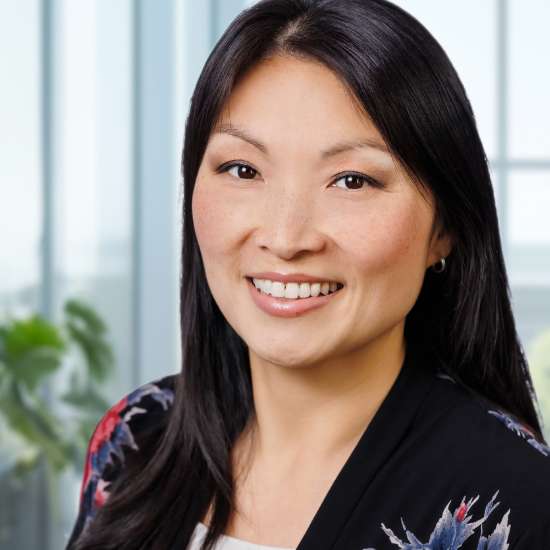
Alison
Chin
Web Strategist, Nuveen
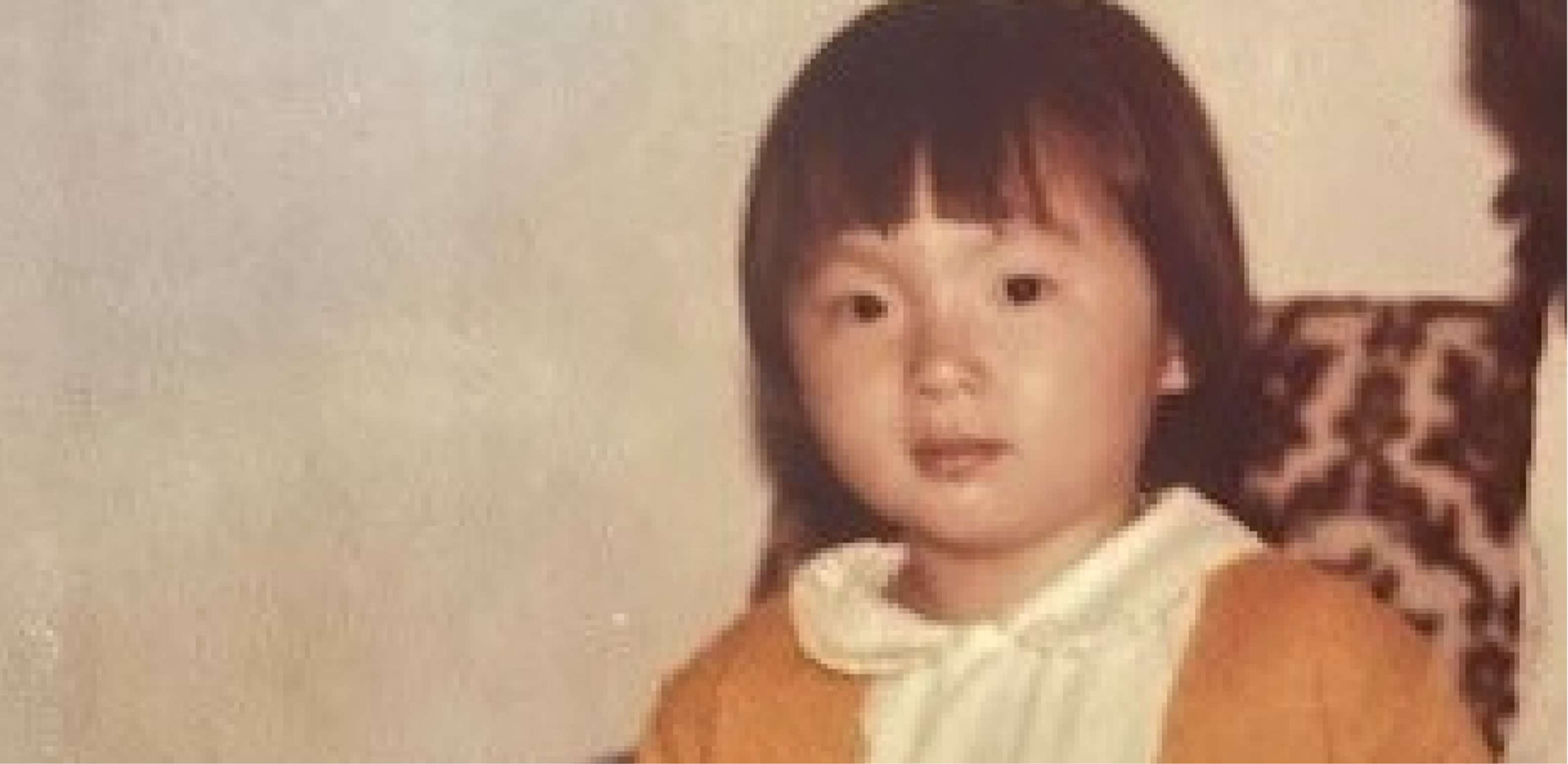
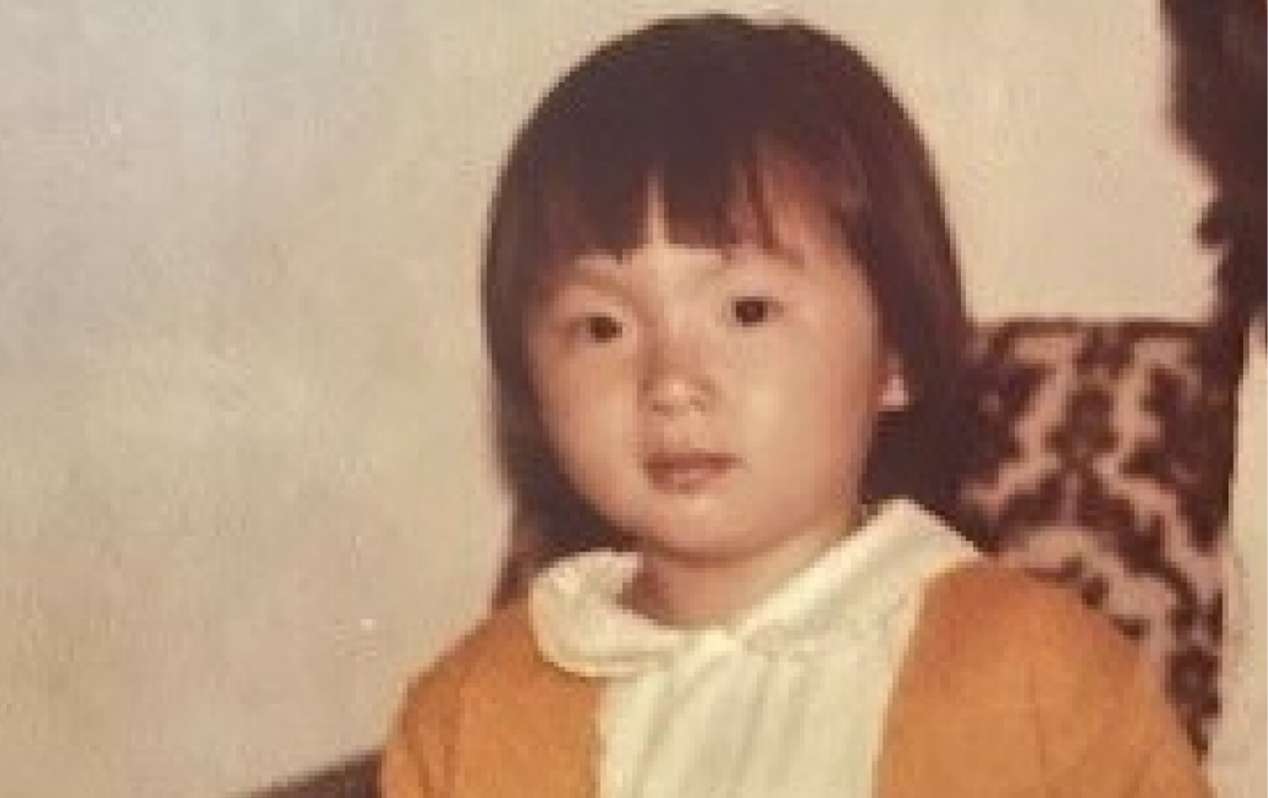
I was born in New York City and raised by my single mom who worked a lot.
As a “latchkey kid”, I learned independence at a very young age.

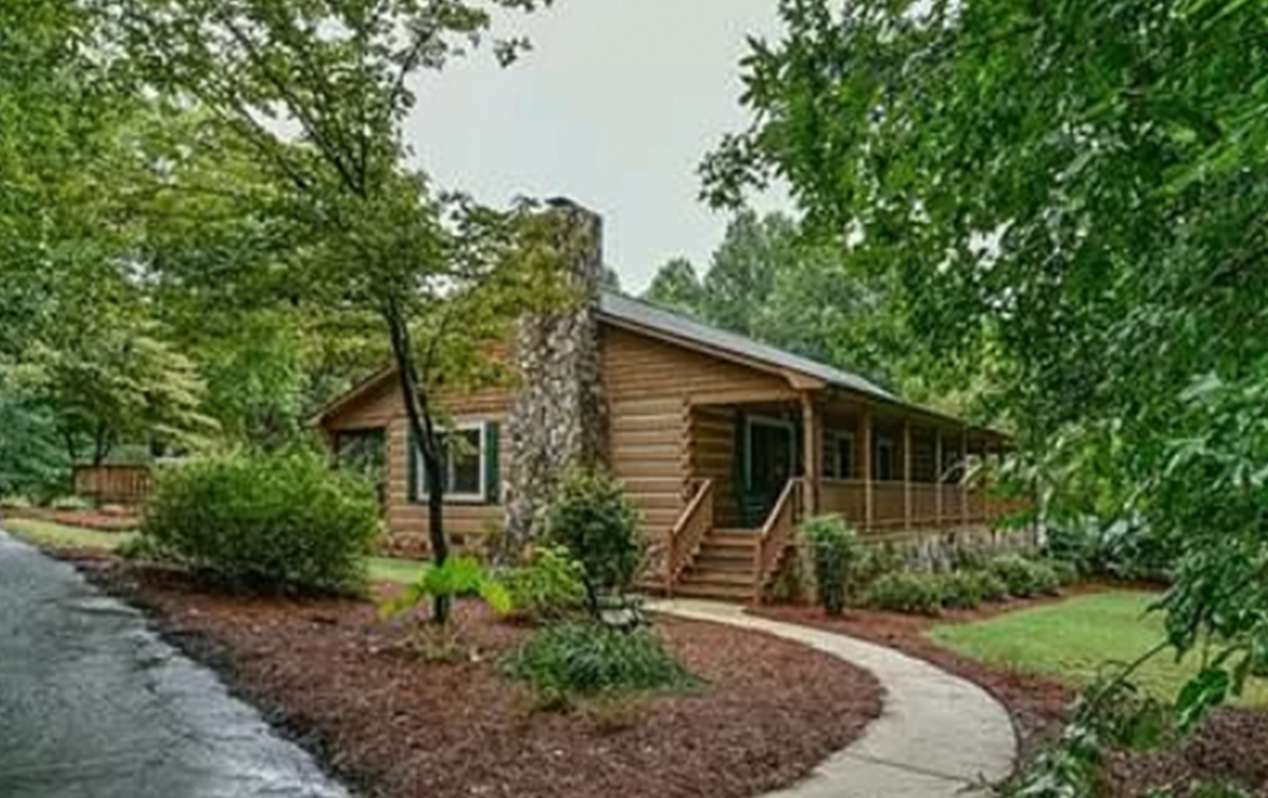
When I was in fifth grade, we moved to the suburbs in New Jersey (a big change from Hell’s Kitchen!)


At my first job, my mentor told me, “Make sure to put as much money as you can into your 401k and start now. You’ll thank me later.” I listened.
When I was laid off in 2008, I was lucky to have enough savings to travel instead of worry.
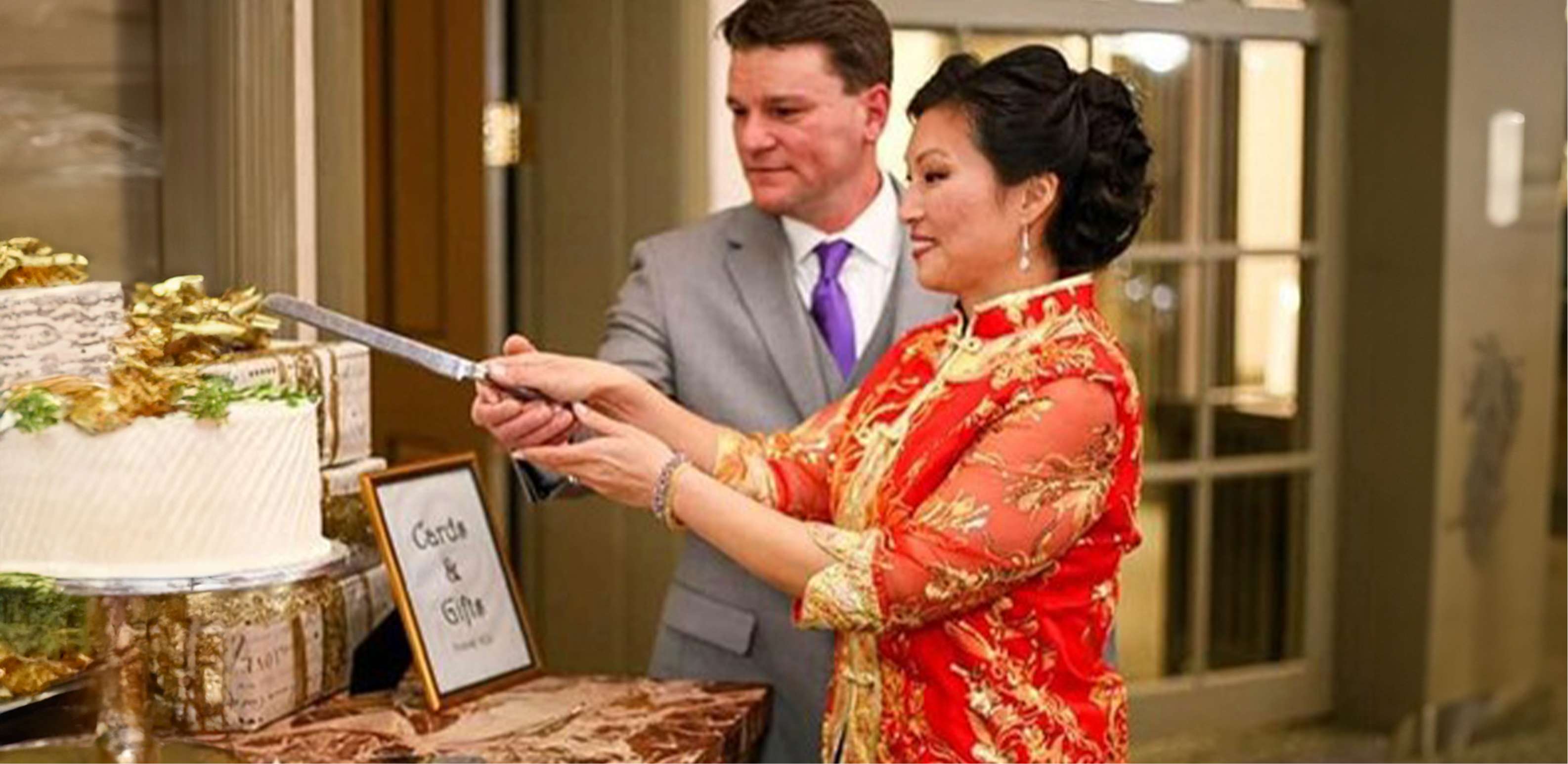
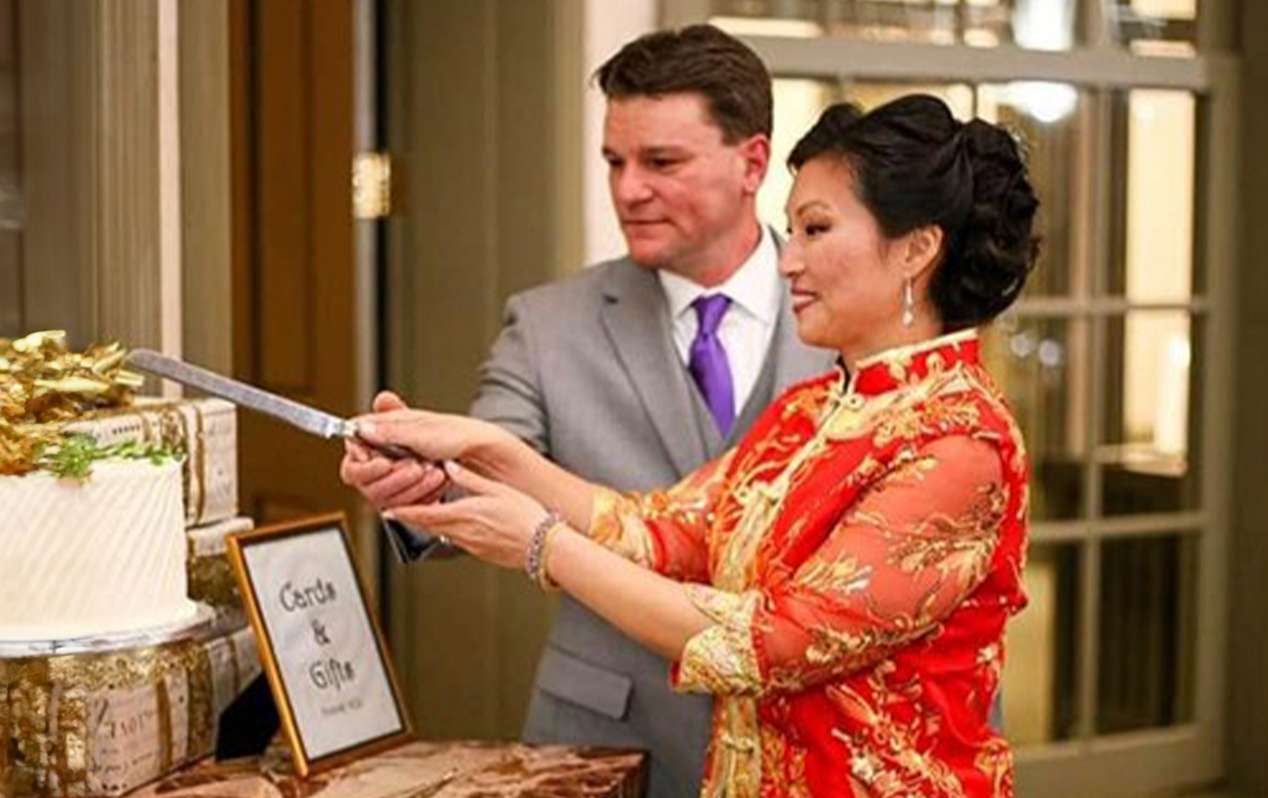
My husband and I got married and purchased our first home.
When we retire, we want to embrace the “hygge” life, foster laboratory dogs, and backpack to World Heritage Sites.
Advice I’ve Lived By
A good mentor goes a long way.
When I first started my career, my mentor stressed the importance of investing in my 401k. Nearly 25 years later, I’m so grateful for her wisdom because starting early and being consistent was key to a financially secure future.
Plan for the unexpected, so you can live your best life.
In 2008, the economy was in decline and I was laid off. Thankfully I had carefully saved up, so I was able to make the most of my temporary freedom and complete a bucket list trip to India.
Try to avoid financial uncertainty in old age.
I saw my grandmother struggle with financial uncertainty and declining health after my grandfather died in his sixties. It taught me to plan for future health expenses, have honest conversations about finances and death with your spouse, and to share financial planning responsibilities.
For young AAPI folks building their futures:
Managing your money well is about diligence, not deprivation. Be discerning with your money and align your spending with what brings you the most joy and value.
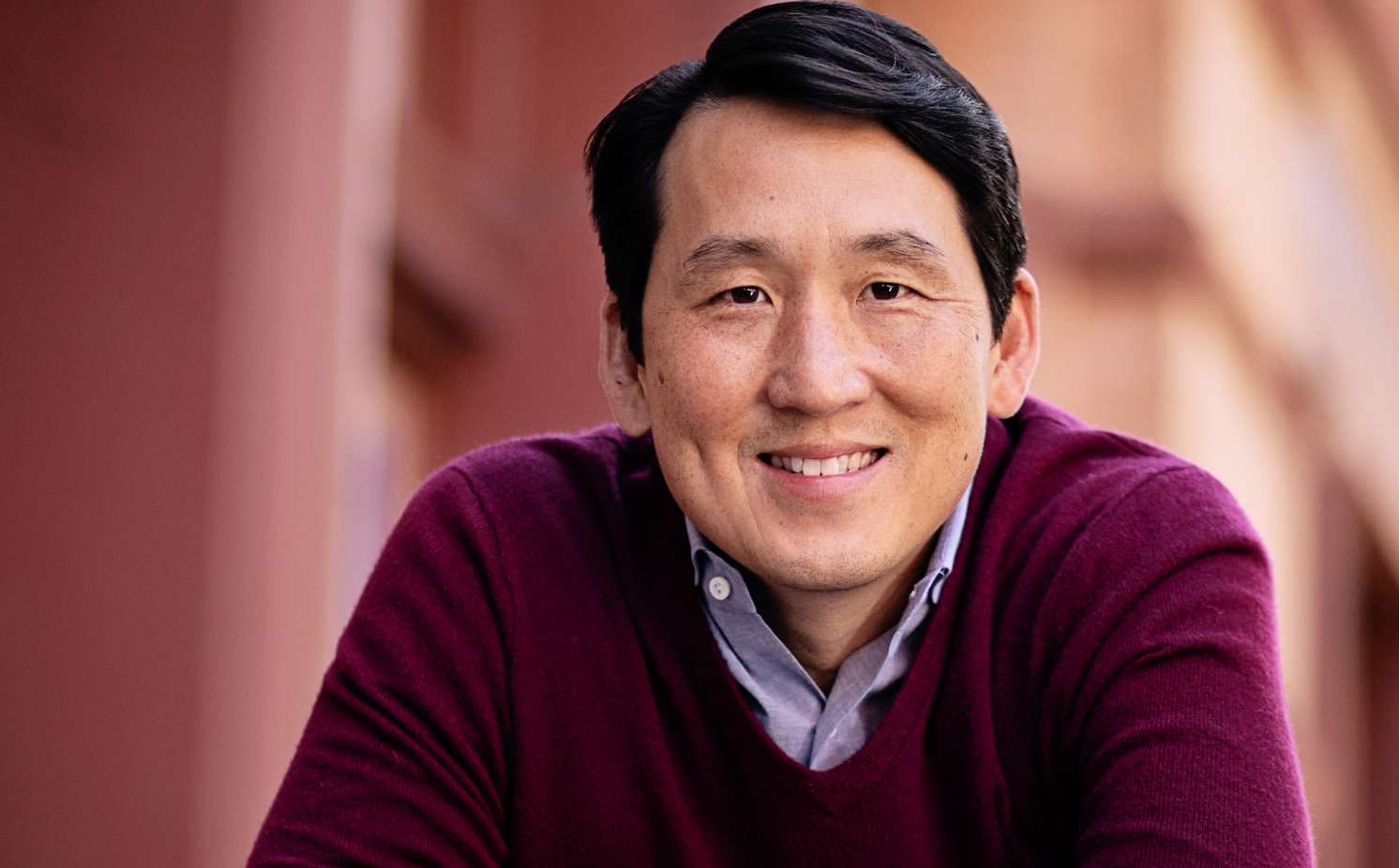
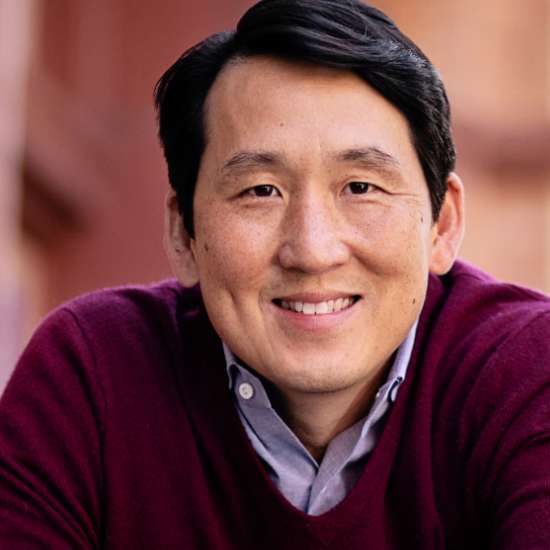
James
Rhee
Founder and National Bestselling Author, red helicopter; Johnson Chair of Entrepreneurship, Howard University


My parents immigrated to the U.S. from war-devastated Korea.
I was raised in Suffolk County, New York.
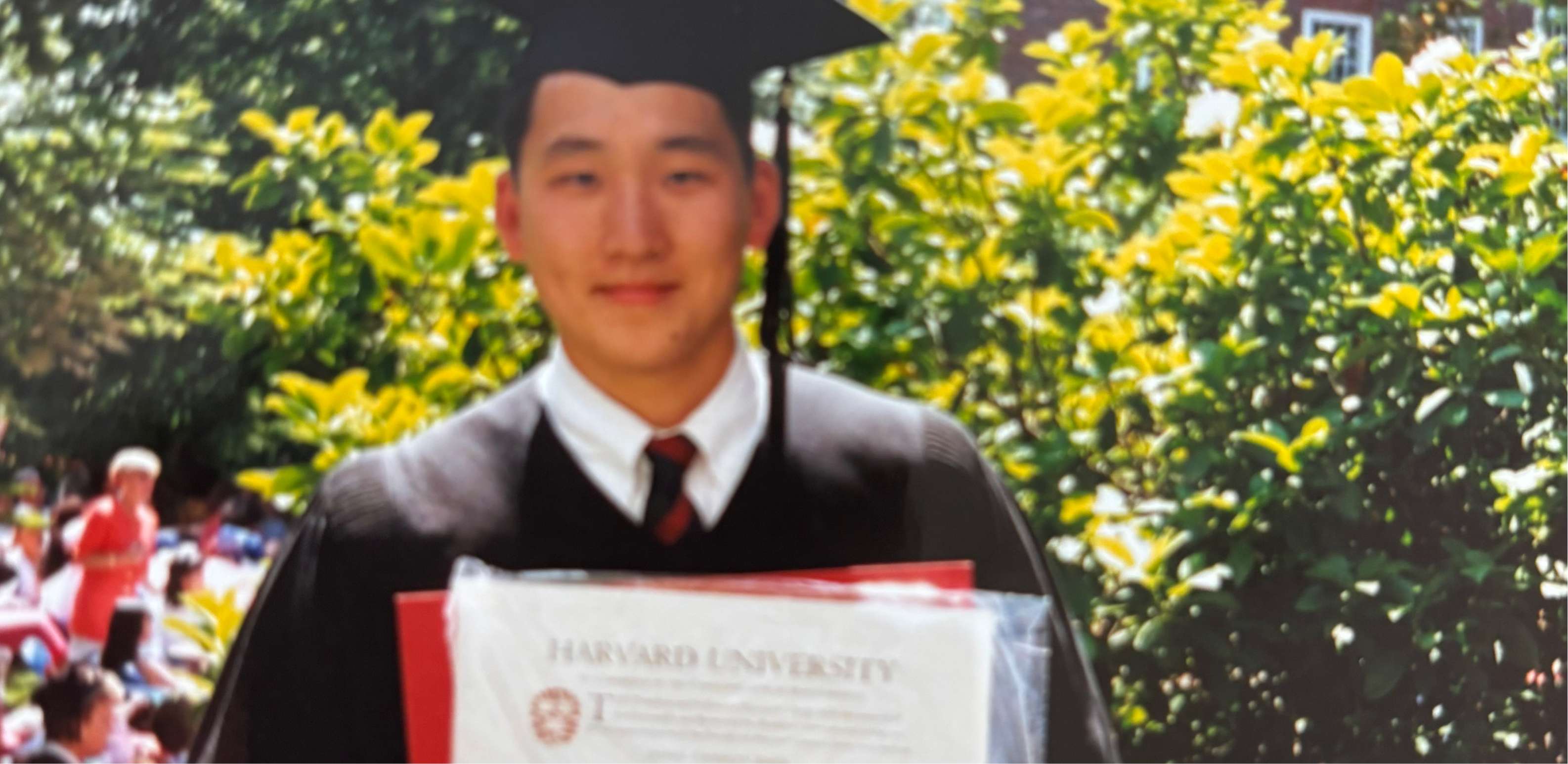
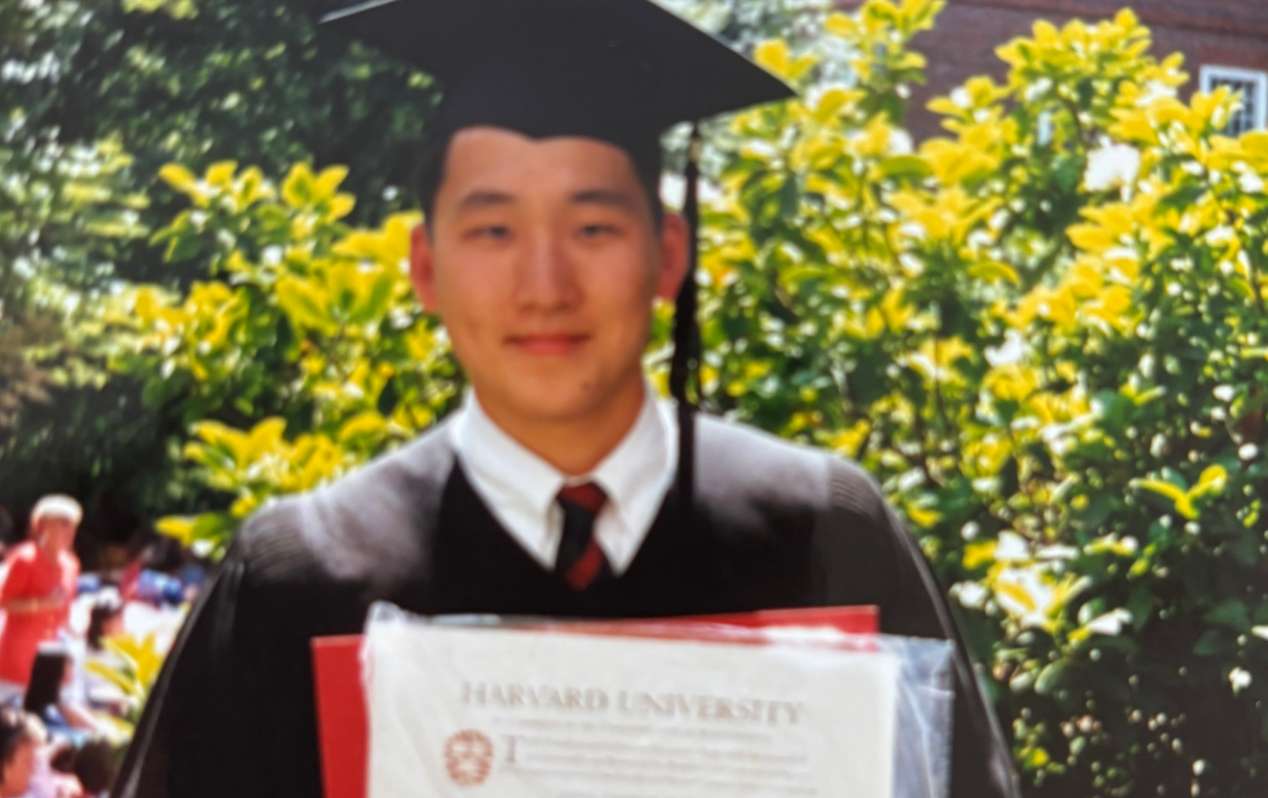
Although we gradually became more middle class, my parents lacked a financial safety net.
My parents mortgaged their one asset (our home) in order to save enough for me to go to college and graduate debt-free.
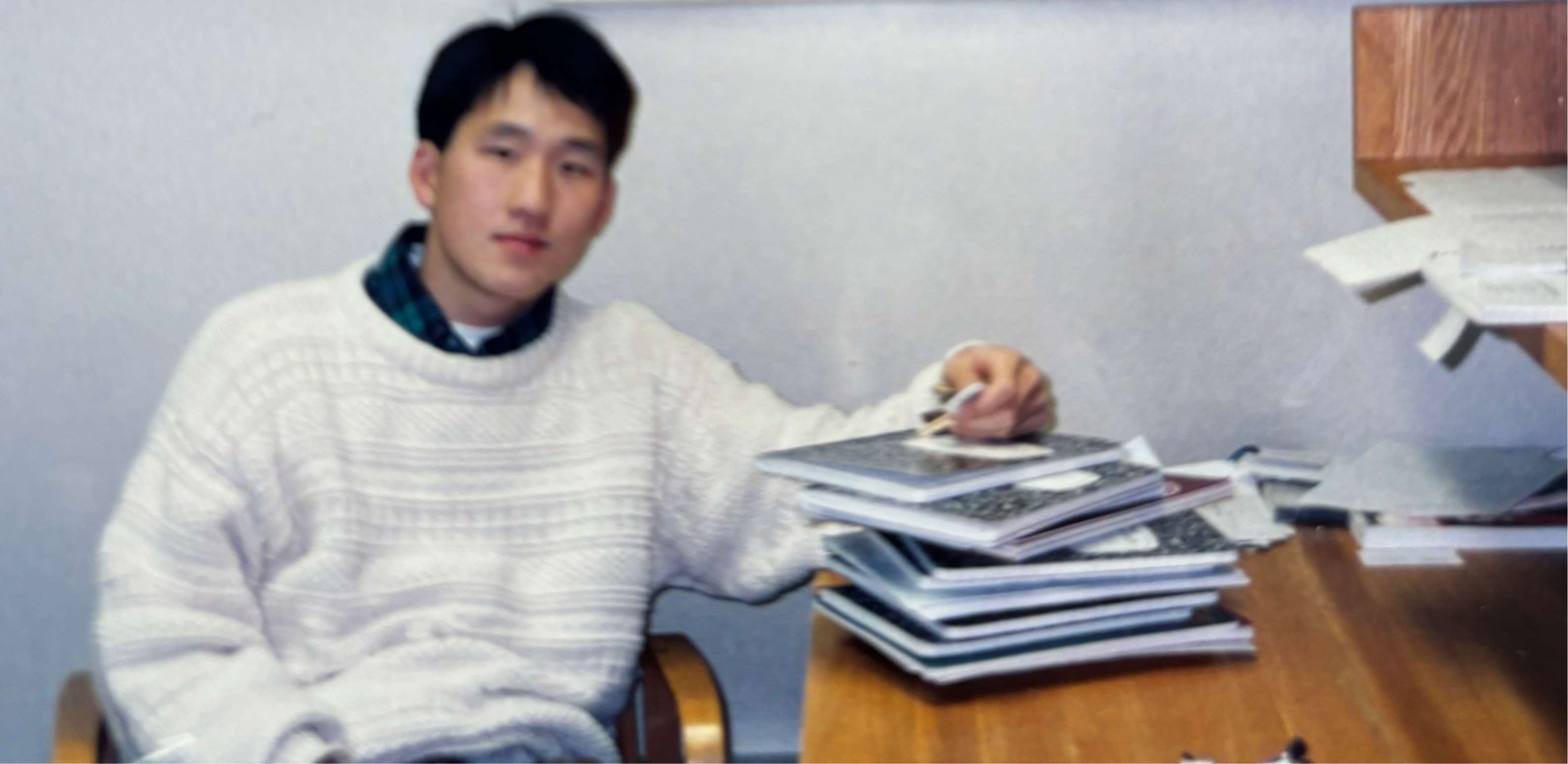
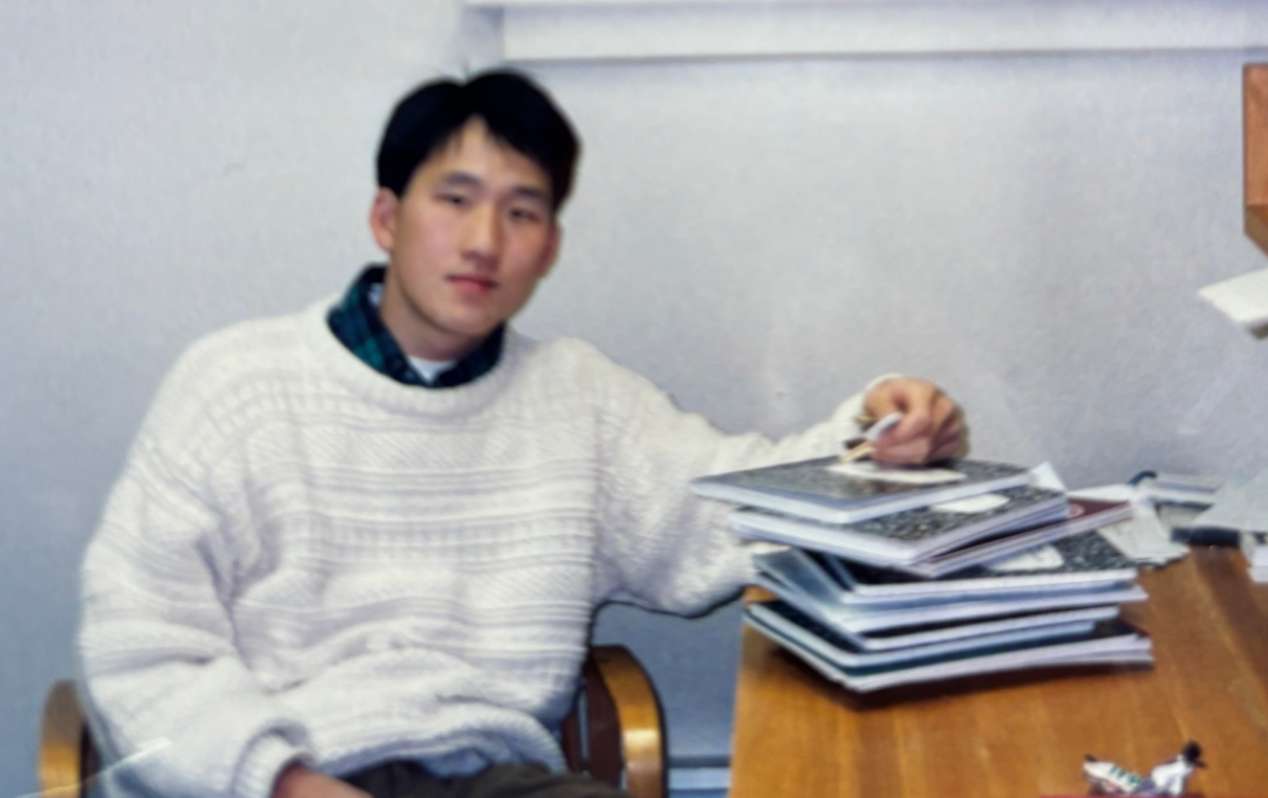
I taught high school and then went to law school. There, I accumulated debt, which made me determined to get back on track financially.
I muscled my way into M&A investment banking and, ultimately, a long career in private equity.
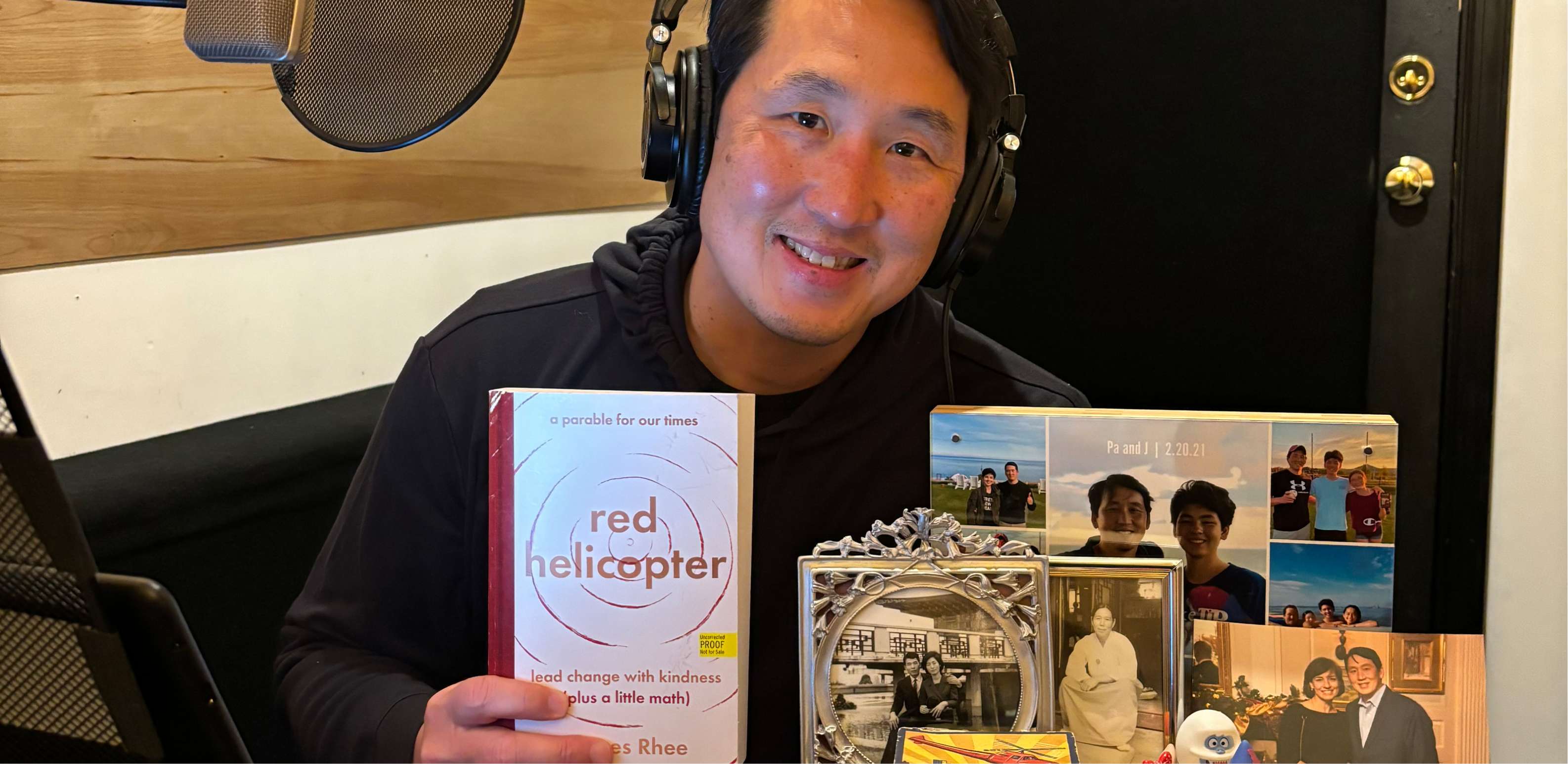
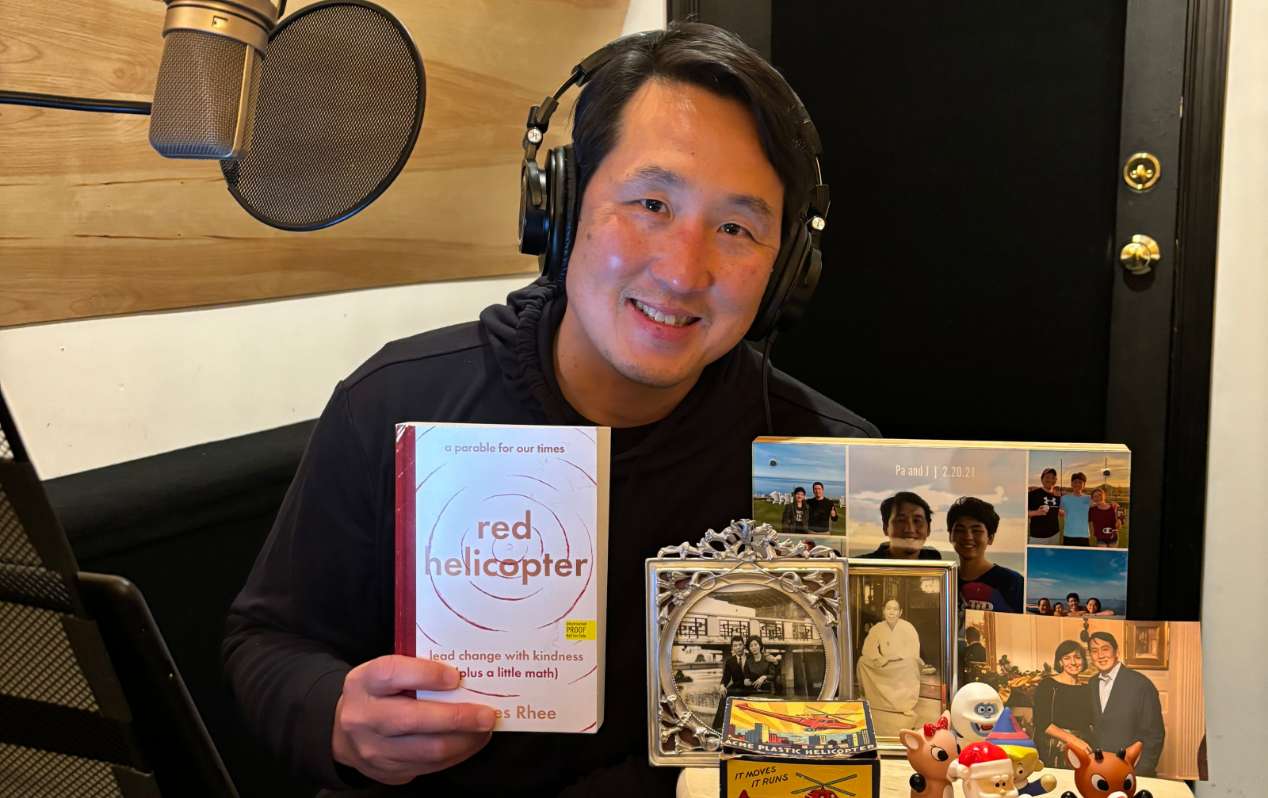
At 42, I pivoted and became CEO of a business that serves a deserving group of women.
I recently wrote a book, which made its debut as a National Bestseller, and started teaching again (Howard, MIT Sloan School, Duke School of Law) to help others learn and achieve their goals.
Advice I’ve Lived By
Debt-free education is a gift.
Being able to graduate debt-free from college shaped the rest of my career. I’m grateful to my parents and would encourage everyone to save early for their own children’s college funds through tax-advantaged means.
Weigh the costs of further education.
For me, graduate school ended up being a wise investment in my education, experience and network, but I had to hustle in my career to overcome the burden of debt I incurred.
Wealth isn’t just about money.
The right amount of investing and wealth can create freedom in life but should not be your only goal. Investing in others, especially younger people, is the most enriching investment one can make.
For young AAPI folks building their futures:
Invest in yourself, be honest with yourself, live YOUR life. Don’t chase a dream that others have for you. Have a vision and create the factors necessary for that path to manifest.
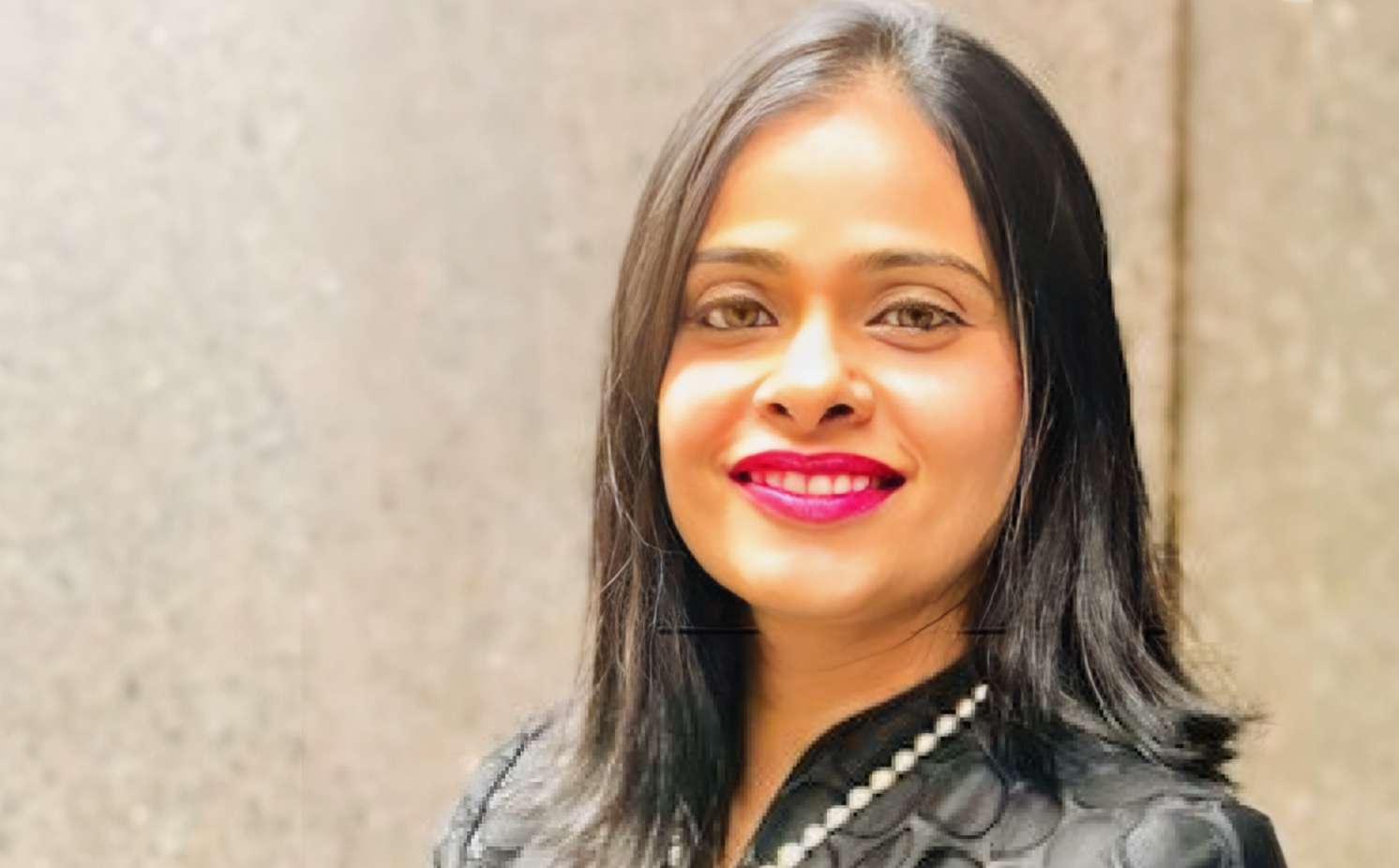
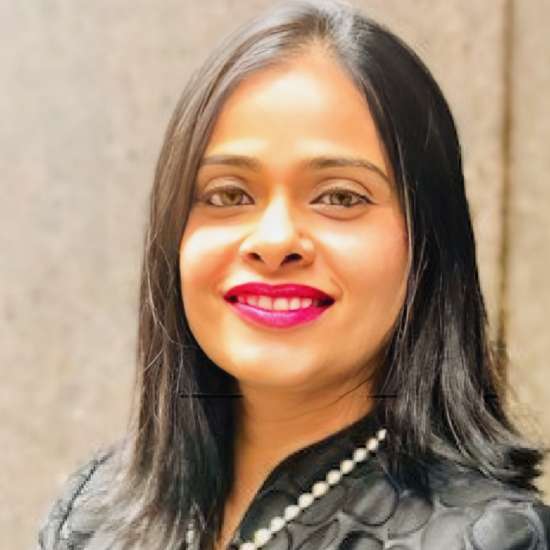
Chinky
Pardasany
Senior Managing Director, Recordkeeping Transformation Office, Client Service
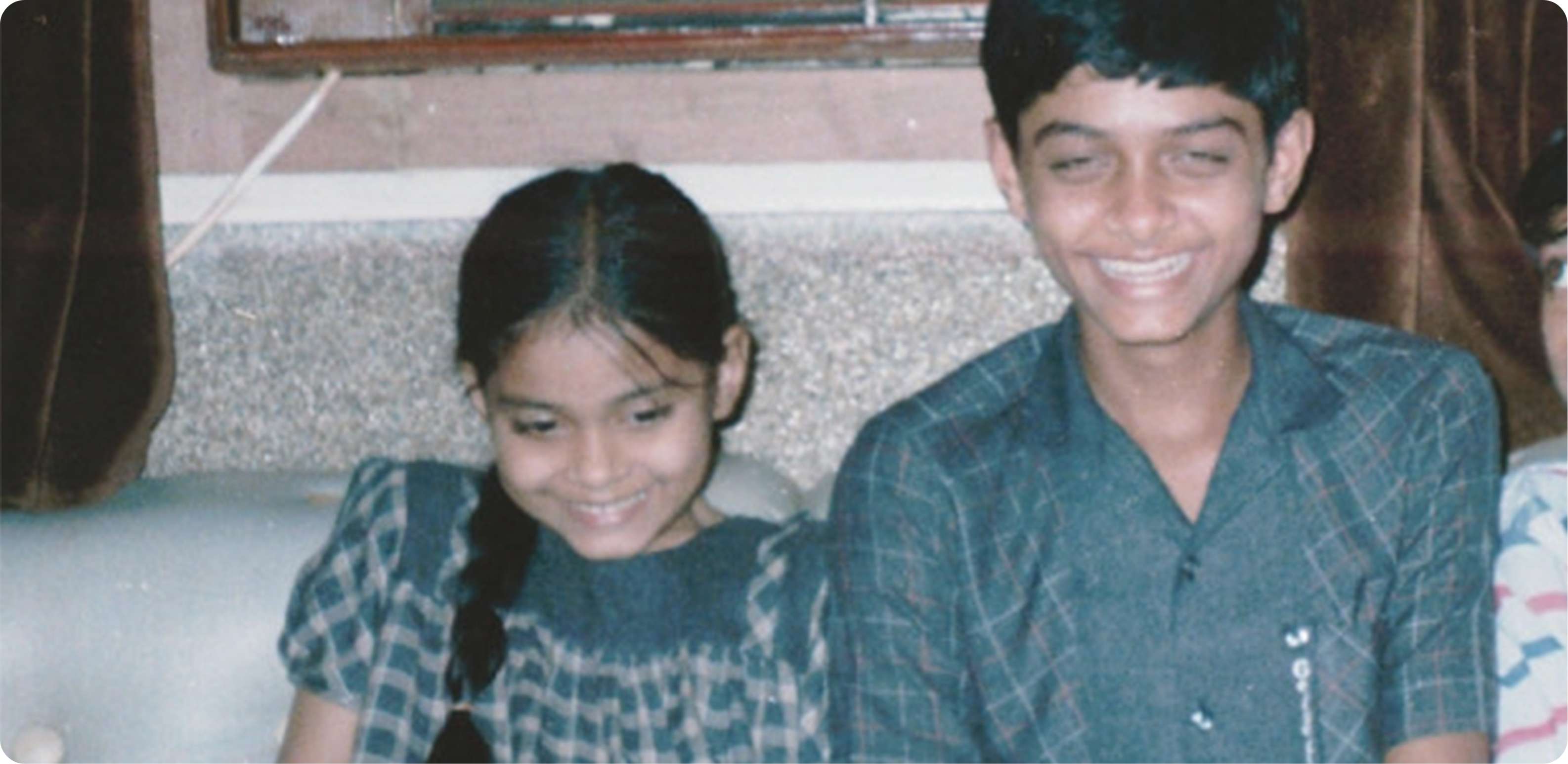
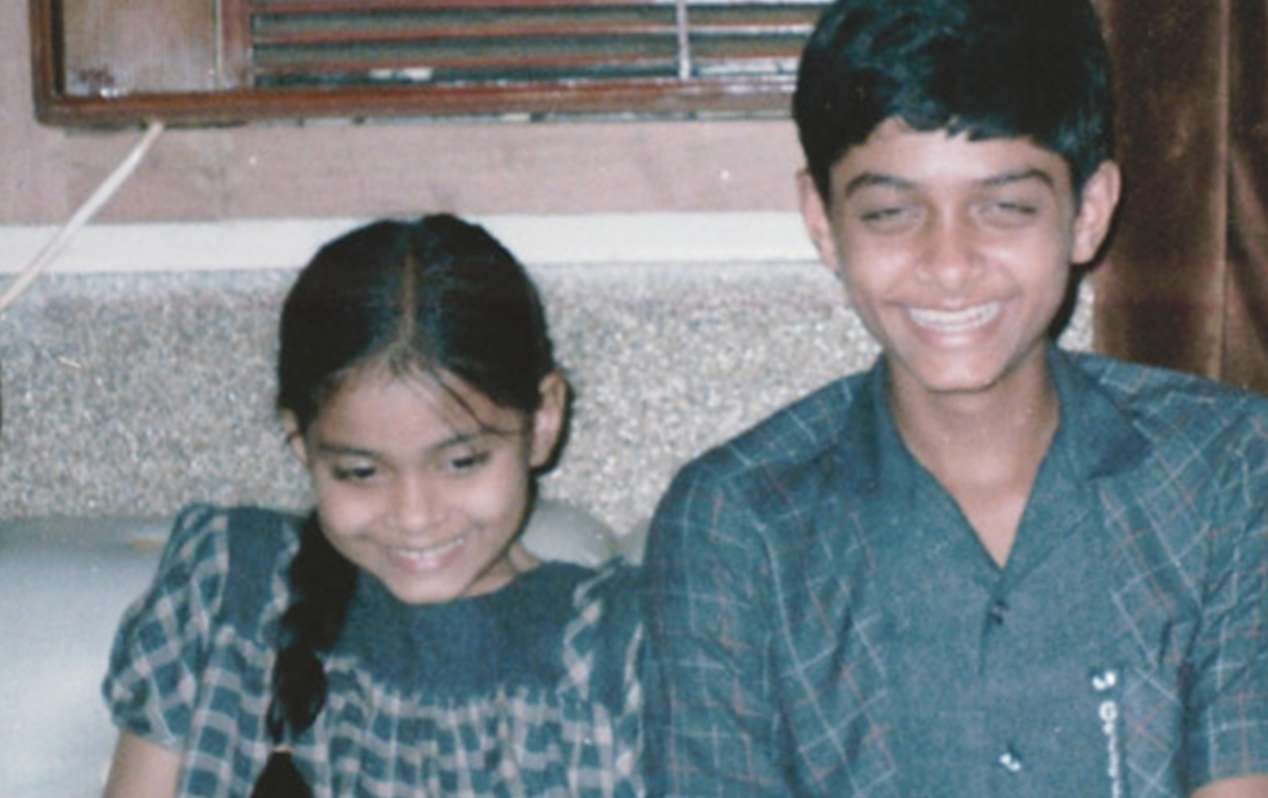
I grew up in Mumbai, India, where I had many childhood adventures.
My brother and I learned responsibility by helping my father with his business.
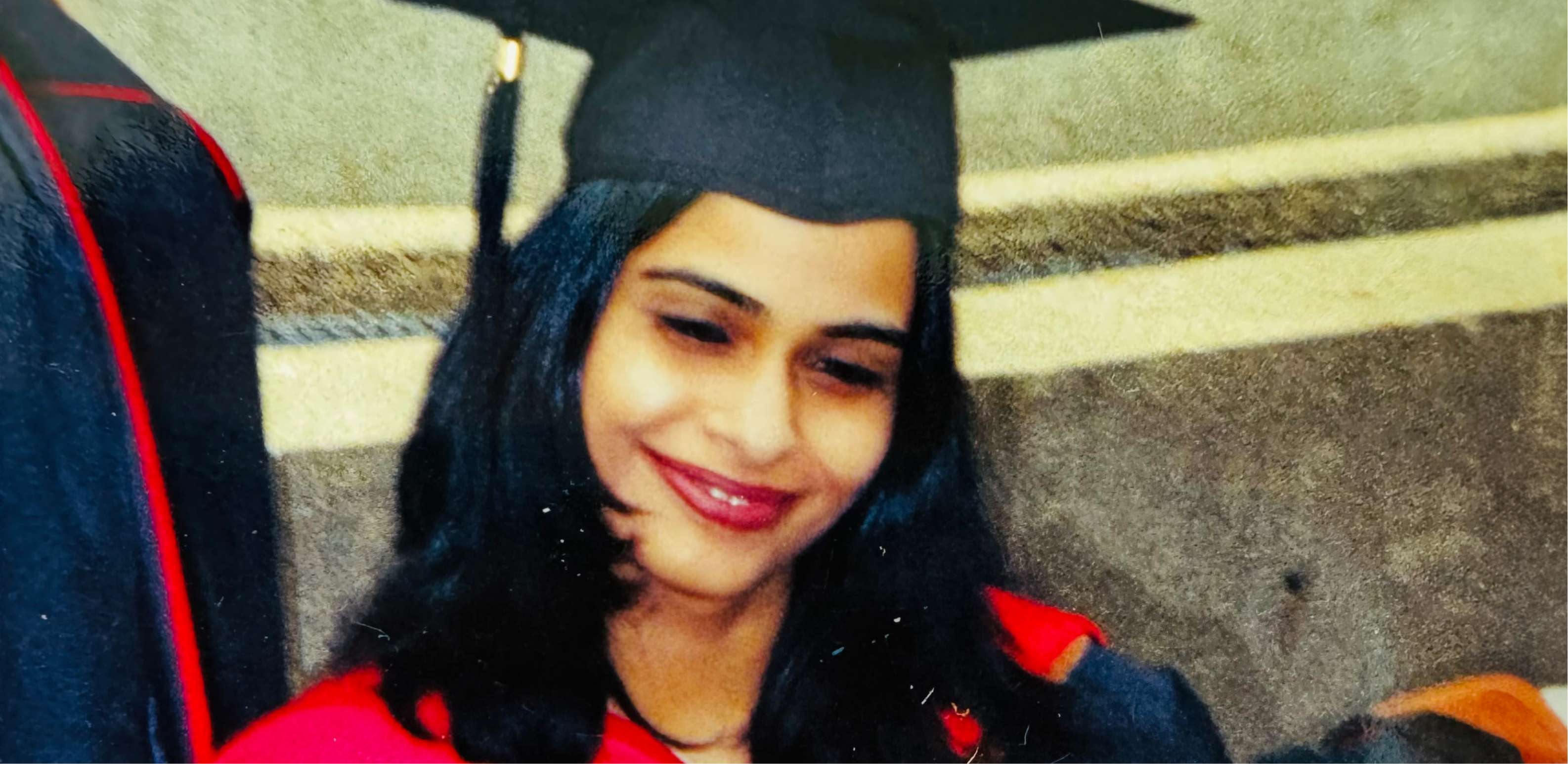
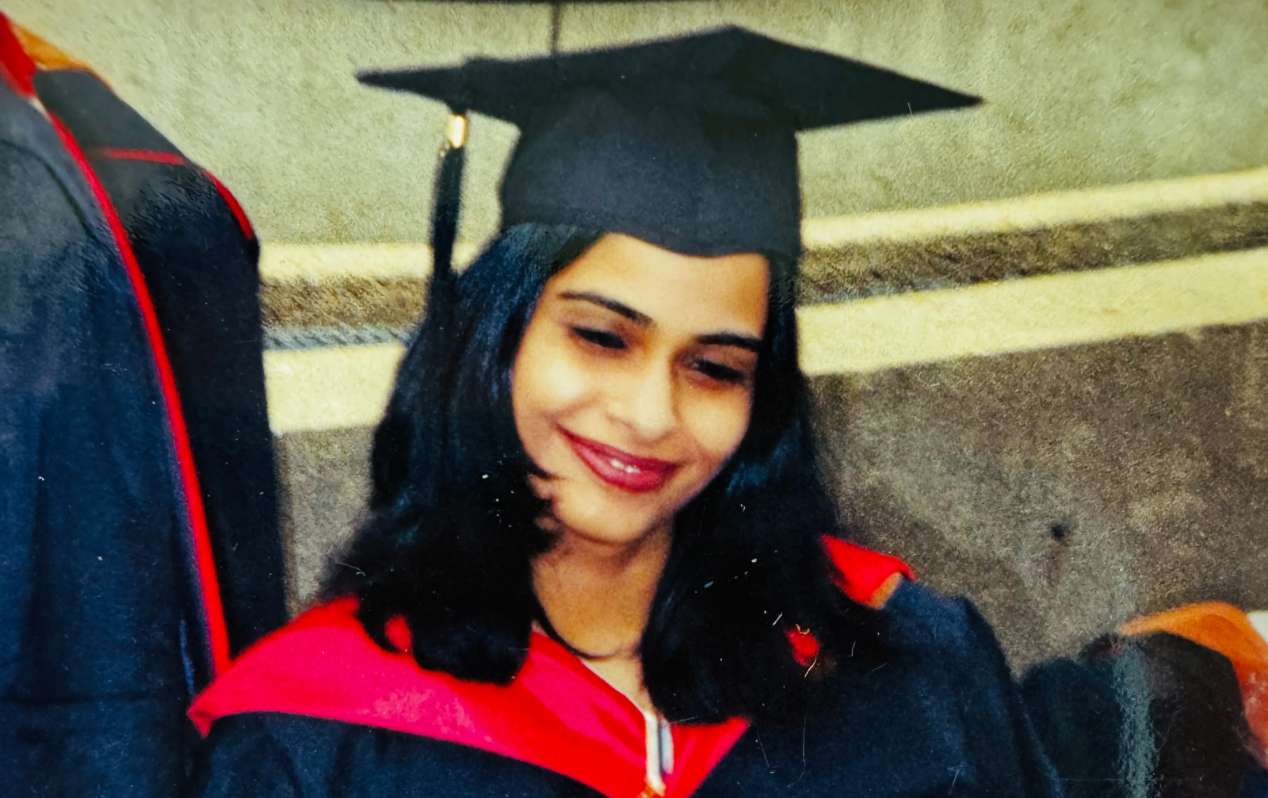
At 19, my father passed away unexpectedly and I was encouraged by my mother to pick a path. I could either join the family business, where my brother stepped in to fulfill my father’s responsibilities. Or, I could chart my own path in the corporate world. I chose the latter.
I pursued an MBA in finance in the U.S. in 2001.


Prioritizing security, I built an emergency fund before buying my home.
Joining TIAA in 2010 allowed me to access a wealth of financial tools to learn from. Retirement became top-of-mind and I am constantly reaching out to colleagues and my advisor to think through options.


My son’s birth shifted my focus to securing his future.
I aim to spend my retirement volunteering for animal rescues.
Advice I’ve Lived By
View budgeting as a reward.
Seeing your expenses and income in one place can feel overwhelming at first, but it’s actually a powerful tool that can help you build the future you want.
Don’t get caught up in the waiting game.
There’s never a perfect moment to start your financial journey. Whether it’s saving for retirement or investing, begin with what you have- even if it’s just $100.
Build your village.
Seek advice from experts and a circle of trusted mentors. No question is silly when it comes to learning about your financial options.
For young AAPI folks building their futures:
Make financial check-ups and planning a part of your life. Talking about money can be considered a “taboo” for some families but I’d encourage a healthy discussion with a trusted circle of mentors and friends.